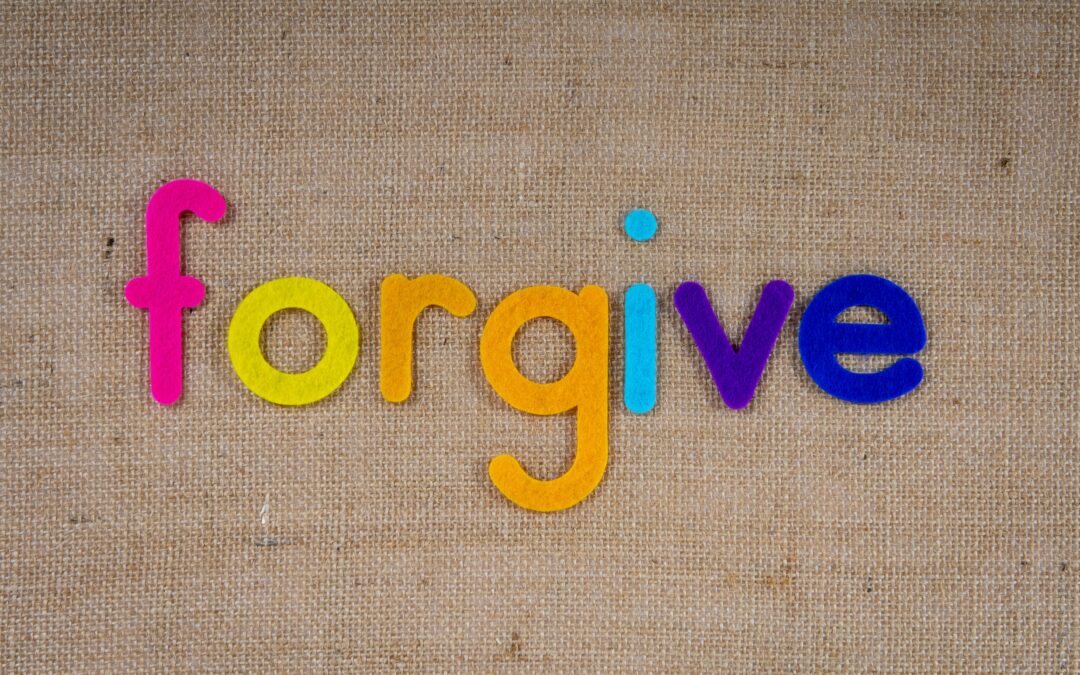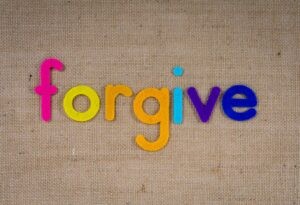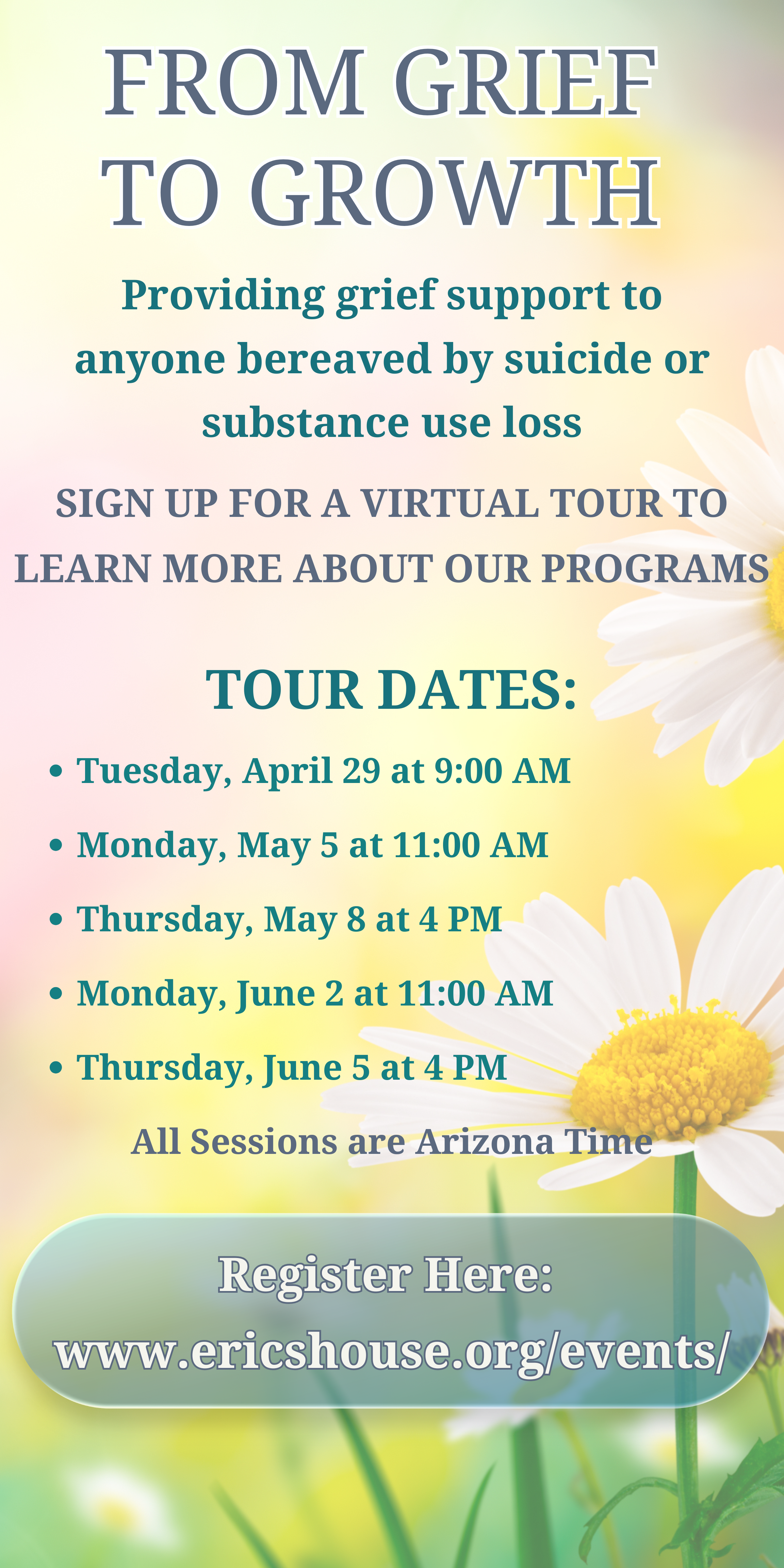When we lose someone we love, we often see ourselves as failures for our inability to keep our loved ones alive. My son Eric died over six years ago. I spent many days wondering what I could have done differently. The endless questions that continue to haunt us. . . Why didn’t I see the signs? Why didn’t I get there sooner? Would he be alive if I didn’t work? What if I changed doctors? Endless thoughts spinning around in my head like little tops. At times, these thoughts have taken control. They seem infinite and each time I reflect upon them, I discover entirely new ways to punish myself for my failures.
However, when I consider all the ways in which I showed my love, I believe my successes far outweigh my failures. Consider this: we are wired to survive, and when we lose someone to suicide, we must to blame someone, who better than ourselves?
The truth is hard to accept. We do everything we can possibly do to keep our loved one healthy and alive. Their leaving us was a painful decision for them, but it was their decision. Therein lies the tragedy. The truth is that no one is to blame. Only the circumstances – the perfect storm – the situations that created the reasons for him or her to leave. I realize now that I had no power or control in those last few minutes before Eric passed.
There is another truth as well. We are not perfect human beings! As hard as we try to be perfect, we make mistakes. Tragically, our loved ones were in undeniable pain that we do not understand. Their fear of living was more powerful than their fear of dying. As hard as we try, we have no power or control over our loved ones’ decisions. All we could do was love them, with imperfectly perfect love.
So, what exactly is self-forgiveness? Joe Koelzer, Co-founder of The Clearing, an Addiction Rehab in Friday Harbor, Washington says this . . .
“Self-forgiveness is the process by which we release ourselves for the judgments that we hold against ourselves, because when we accept that we are the ones holding the judgment, we also see that we are the ones who can release it, and we are the ones who can set ourselves free.”
I wish we could flip a switch and be better. But to forgive ourselves, we must first learn to stop judging ourselves. It is a practice that develops over time. By forgiving ourselves, we can move forward toward healing from our loss. Reframing might help you reflect on your feelings so that you can release self-judgement and practice self-compassion. Let practice . . .
Judgement: It was my fault. I failed him so I am a failure.
Reframe: I could not have prevented his death. I loved him. I walked with him.
Judgement: I didn’t take her feelings seriously. I should have listened more, been more present with her.
Reframe: How could I have known then what I know now? I forgive myself for being imperfect.
Judgement: If we had not spoken angry words, she would still be alive.
Reframe: I feel compassion for myself for saying things that I wish I could change.
Dr. Alan Wolfelt, my mentor and teacher, says that “Human nature subconsciously resists so strongly the idea that we cannot control all the events of one’s life that we would rather fault ourselves for a tragic occurrence than accept our inability to prevent it.” We try to go backward to prevent something in the past over which we had no control. But that is not the point. The point is not that you could have prevented his or her death, the point is that you feel like you could have.
The good news is that while you can’t go back, you can practice self-compassion so that you can release yourself of the fury of guilt, regret, and shame. I try to practice these every day.
- Remember that you can allow yourself to feel your feelings. Don’t push them away, give them the attention they deserve. But continue to remind yourself that there are some things you simply could not control.
- Be compassionate with yourself. Treat yourself with compassion just as you have treated your loved one. You cannot move through your grief when you are holding onto feelings of shame and self-judgement.
- Remember that you are a good person and that you loved your parent, daughter, son, spouse, or friend unconditionally.
- Remember that you have suffered a horrific and unthinkable loss. You cannot turn back time, do it over, or do it differently. If you could, I am certain you would. Suicidal forces overtook your loved one.
- Remember that your grief deserves your compassion.
So, be kind to yourself, be gentle, be aware of your humanness, be willing to accept who and what you are, and be willing to love you as a whole person with all your blemishes and scars.
With Love,
Marianne Gouveia
Co-Founder and Chairman




